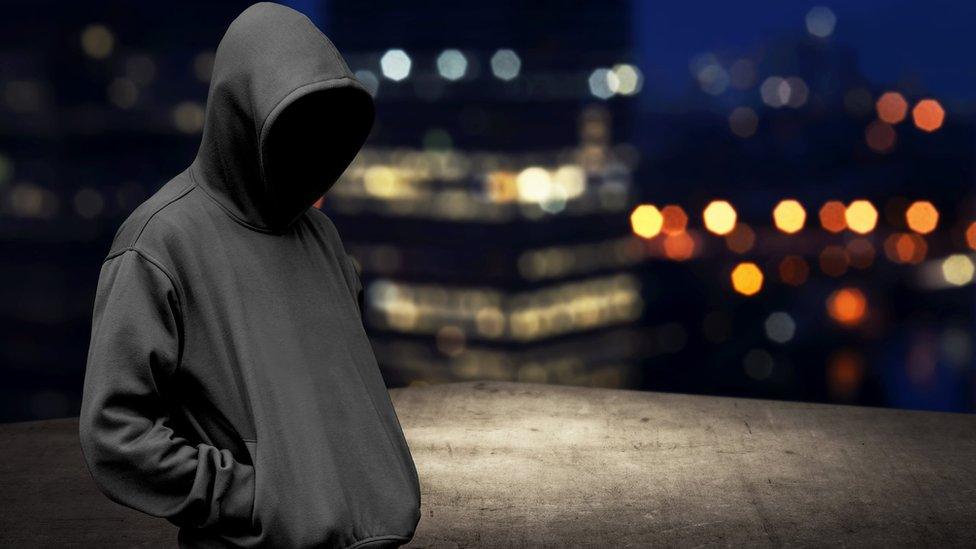Home Office: 'Child spies used against crime when necessary'
- Published

The government wants to increase the amount of time under-18s can be used undercover
Children are used undercover in criminal investigations only when necessary, the government has said.
The House of Lords raised concerns about the use, external of "juvenile covert human intelligence sources" after the government wanted to increase the amount of time under-18s could operate.
The Lords called for more information amid fears extending this from one month to four could harm welfare.
The government said extra time reduces the pressure to get fast results.
The practice of using under-18s to gather information in serious criminal and terrorism investigations was revealed by the Lords' secondary legislation scrutiny committee in response to the government's extension plan.
Currently, a child can be used in an operation for up to a month before their involvement would need to be renewed.
In their report, the committee said the explanations offered by the government on the scheme lacked important detail, for example why they want to extend the time.
In response, the Home Office said the "pressure to obtain results" within a month "could be unhelpful" to the children and the law enforcement agencies they are working with.
The government also said operations would be reviewed each month to look at any welfare or safety concerns.
'Seek reassurance'
It also said a child under 16 would be accompanied by a parent or guardian when meeting law enforcement and children could not be deployed to gather intelligence on their parents.
The Lords said they had not been given enough information about the welfare support available for the children.
Their report said: "We are concerned that enabling a young person to participate in covert activity associated with serious crime for an extended period of time may increase the risks to their mental and physical welfare."
The report said the Lords "may want to seek reassurance" from a responsible minister.
In a statement, the Home Office said undercover under-18s help prevent and prosecute problems such as gang violence and dealing drug, "all of which have a devastating impact on young people, vulnerable adults and local communities".
The statement added: "Juvenile covert human intelligence sources are used very rarely and only ever when it is necessary and proportionate and when there is no other less intrusive way to get the information needed to convict criminals or terrorist suspects.
"Their use is governed by a strict legal framework.
"Throughout any deployment and beyond, the welfare of the young person is the paramount consideration."